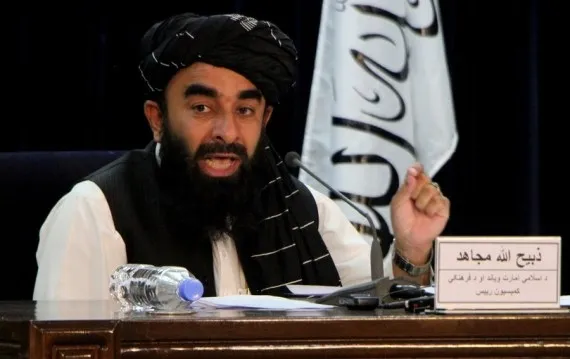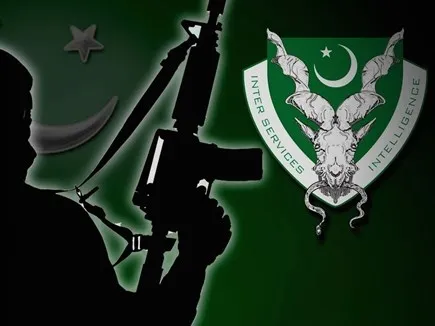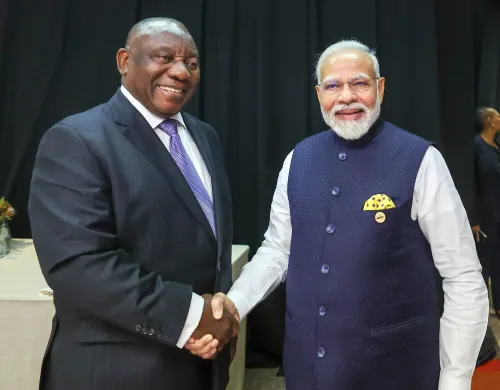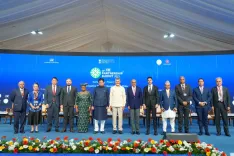Are US Drones Still Patrolling Afghanistan's Skies?

Synopsis
Key Takeaways
- US drones continue to patrol Afghan airspace, raising sovereignty concerns.
- The Taliban demands an end to these operations immediately.
- Challenges such as sanctions and lack of recognition hinder the Taliban's governance.
- The Taliban seeks relationships with all nations if sovereignty is respected.
- Ceasefire agreements with Pakistan are currently under strain.
Kabul, Nov 15 (NationPress) Taliban spokesperson Zabihullah Mujahid has announced that US drones persist in their surveillance of Afghanistan, entering from the airspace of some neighboring countries and infringing upon Afghanistan's sovereignty.
Afghan media reported on Saturday that Mujahid, in an interview with the Iranian state broadcaster IRIB, reiterated the Taliban's demand for an immediate cessation of drone flights, labeling them as violations of Afghanistan's airspace. He mentioned that Taliban officials have raised their objections during the limited meetings they have had.
While Mujahid did not specify which neighboring country's airspace the drones were allegedly using to enter Afghanistan, he has previously accused Pakistan of granting access to US aircraft. Mujahid claimed that the Taliban has achieved 70 percent of their goals during their four years in power, but cited sanctions on Taliban leaders, travel restrictions, and the lack of international recognition as significant challenges facing the administration, as reported by 'Afghanistan International.'
In the same interview, Mujahid expressed that the Taliban is pursuing a balanced, economy-focused foreign policy and aims to establish relations with all nations, including the United States, as long as Afghanistan's sovereignty is honored.
When asked if US forces could return to Afghanistan, he firmly stated that the Taliban would never permit any part of Afghan territory to fall under foreign control and emphasized that no foreign troops would be allowed on Afghan soil. He also refuted reports regarding a Chinese presence at Bagram airbase, asserting that neither US nor Chinese forces had returned and that the Taliban would not allow any nation to set up military bases in Afghanistan, as reported by 'Afghanistan International.'
Last week, Mujahid again expressed concerns about Pakistan breaking the ceasefire by firing in Spin Boldak, just a day before the third round of peace talks in Istanbul.
“While the third round of negotiations with the Pakistani side has commenced in Istanbul, regrettably, this afternoon Pakistani forces once more opened fire on Spin Boldak, raising alarm among the local population,” he posted on X.
A ceasefire was initially agreed upon between the two parties on October 15 and was extended during subsequent talks held in Doha and Istanbul.









